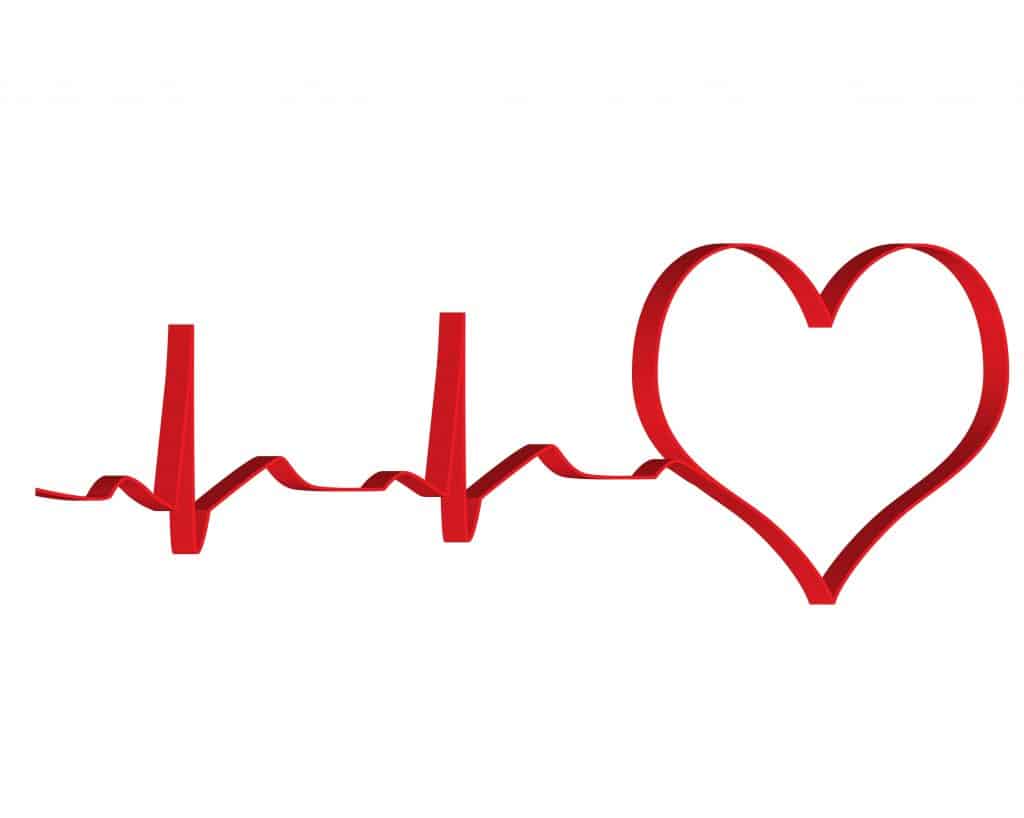6 Practical Tips to Keeping Your Heart Healthy
Posted by Prescription Hope - See Editorial Guidelines (Last Updated On: Wed Jul 08 2020)
Heart health is influenced by a wide range of factors like diet, lifestyle, and exercise routine. Not only that, but your genetics also play a huge role in affecting your heart health as well.
However, you can always strive to improve your heart health in a number of ways and practical tips. Here are 6 ways that you can ensure that your heart stays healthy.

-
Watch Your Diet:
This is by far the most important and the most effective rule when it comes to keeping your heart healthy. You need to cut down all bad or LDL cholesterol and unhealthy fats from your diet. Keep junk food, oily meals, and processed food items at bay.
Include plenty of nuts, legumes, and green leafy veggies in your diet. In addition to that, omega 3’s and antioxidants work wonders in improving heart health. Salmon and citrus fruits are excellent sources of omega 3 fatty acids and antioxidants.
-
Get Active:
Instead of choosing to spend most of your day in front of the computer or on the couch, implement a few exercise routines into your daily life.
You don’t need to join a gym immediately to get active and fit. Small but consistent daily changes to your lifestyle can do the trick.
- Complete some of your commute to work on foot (if possible).
- Take the staircase whenever possible.
- Get up from your desk and walk around every 30-60 minutes.
- Go outside and walk for at least 15-20 minutes each day.
- Join a gym or workout class
-
Keep Your Lifestyle Habits In Check:
Smoking, drinking, and consuming drugs and other tobacco products are not just hazardous to your liver and lungs, but to your heart as well. They can negatively affect your immune system making you more prone to diseases and infections as well. Reducing your caffeine intake can also help.
Try incorporating soothing and healthier activities like gardening, reading, writing, music, and exercising to your daily schedule. The way you lead your lifestyle has a direct effect on your heart health, and therefore you need to keep such habits in check.
-
Sleep Well:
People who don’t sleep enough are at higher risk for cardiovascular disease and coronary heart disease. When we don’t sleep long enough, certain chemicals in our bodies are activated that keep the body from achieving extended periods in which heart rate and blood pressure are lowered. Over long periods of time, this can lead to higher blood pressure and a greater chance of cardiovascular problems.
Your circadian rhythm also has a huge impact on your appetite; and your appetite and dietary habits, in turn, largely influence your heart health. Not getting enough sleep and sleeping at odd times throws your hunger hormones off track. When you are not getting enough sleep, Ghrelin, the hormone that induces hunger, increases, whereas leptin, the hormone that leads to satiation, decreases in amount. As a result, you tend to consume more food and unhealthy hunger cravings set in, leading to an unhealthy heart in the long run.
-
Yoga And Meditation:
One of the root causes of an unhealthy heart is stress. A hectic and sedentary lifestyle causes individuals to remain stressed.
In addition to that, most of us have little to no exercise schedules or daily workout sessions. In such a scenario, yoga and meditation may help reduce stress and keep the heart healthy.
Research studies have suggested that practicing mindful movement activities like yoga can help:
- manage depression, stress, and insomnia
- improve heart health including, blood pressure, cholesterol, and heart rate
- improve quality of life and mood in people with cancer, heart disease, and other chronic illnesses
- relieve chronic pain
You can also use activities like art therapy, aromatherapy, and even talk therapy with a counselor to help your heart health better by soothing away stress and anxiety.
-
Stop Smoking:
As mentioned above, smoking cigarettes or any other tobacco products is one of the worst things you can do if you are looking to have a healthy heart. Smoking damages the lining of your arteries, leading to a buildup of fatty material (atheroma) which narrows the artery. This can cause angina, a heart attack or stroke. Stopping smoking is the single best thing you can do for your heart health, and the good news is that the risk to your heart health decreases significantly soon after you stop.

Summing it up:
In conclusion, having a good diet and staying active are the most important things to keep in mind when thinking about heart health. A balanced lifestyle that includes healthy food and plenty of activity is the best place to start!
ENROLL



